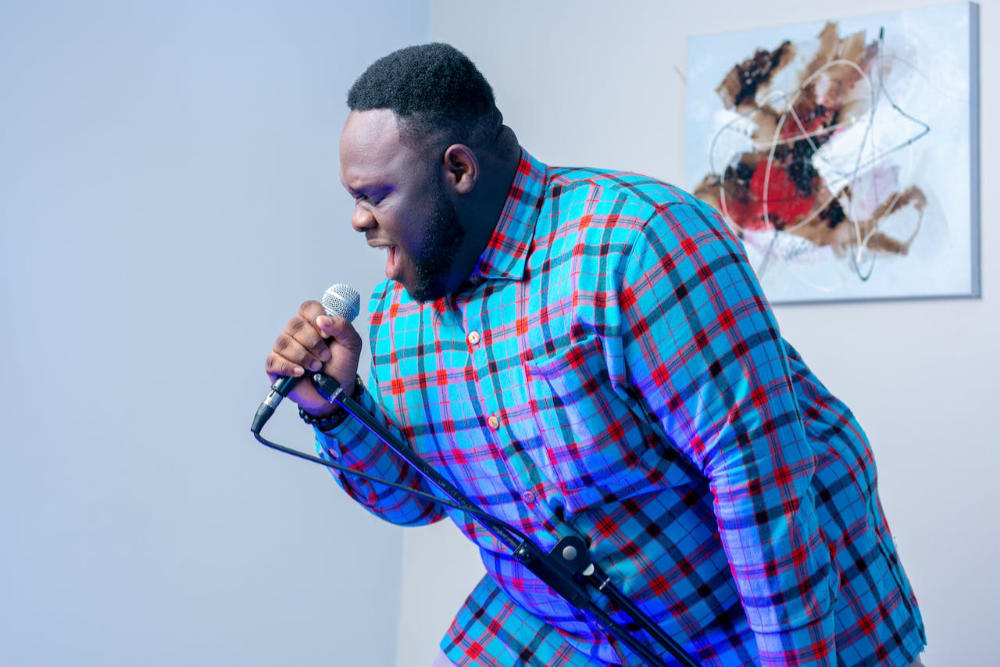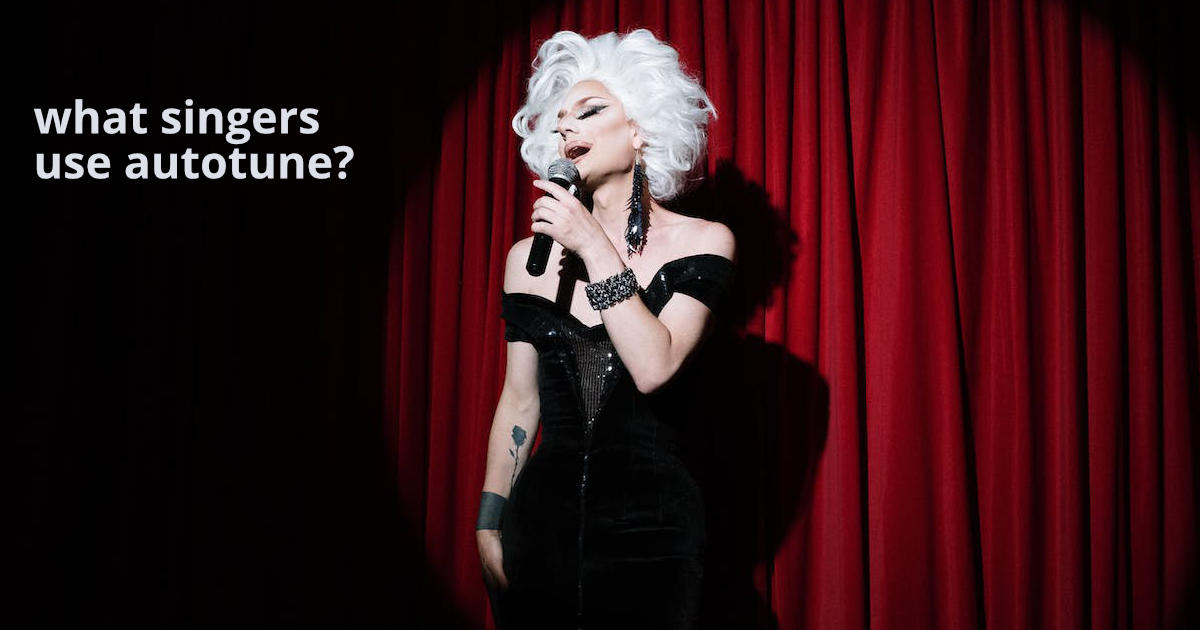Estimated reading time: 5 minutes
Autotune is a revolutionary tool that has significantly impacted the music industry. It has the ability to correct pitch imperfections in vocal recordings, allowing singers to achieve a flawless and polished sound. The technology behind autotune has evolved over the years, from being a corrective tool to a creative instrument that artists use to enhance their music. This article will delve into the evolution of autotune, its influence on different music genres, and the controversy surrounding its use.
Table of contents
- Evolution of Autotune in Music Production
- Popular Singers Who Use Autotune
- Autotune in Hip Hop and Its Influence
- Autotune in Live Performances
- The Controversy Surrounding Autotune
- How Autotune Enhances Vocal Performance
- Table about How Autotune Enhances Vocal Performance
- Autotune in Pop Music
- The Future of Autotune in the Music Industry
- Conclusion
- FAQ
Evolution of Autotune in Music Production
The use of autotune in music production has come a long way since its inception. Initially developed as a tool to fix pitch inaccuracies in vocal performances, it has now become an integral part of the music-making process. From subtle pitch correction to extreme vocal manipulation, autotune offers a wide range of creative possibilities for artists and producers. Its evolution has not only transformed the way music is produced but has also influenced the sonic landscape of modern music.
Popular Singers Who Use Autotune
Numerous popular singers have incorporated autotune into their music, using it to enhance their vocal performances and create unique soundscapes. Artists like Kanye West, Bruno Mars, Ariana Grande, Taylor Swift, Kelly Clarkson, Celine Dion, Justin Bieber, and Miley Cyrus have all utilized autotune in their recordings. These singers have embraced autotune as a tool for artistic expression, demonstrating its versatility and impact across various music genres.

Autotune in Hip Hop and Its Influence
Autotune has had a profound impact on the hip hop genre, shaping the sound and style of many artists. From T-Pain to Future, autotune has become synonymous with the hip hop aesthetic, adding a distinct and futuristic quality to vocal performances. Its use in hip hop has blurred the lines between singing and rapping, allowing artists to experiment with melody and cadence in innovative ways.
Pitch Perfect: How Pitch Correction Can Elevate Your Music Production
Autotune in Live Performances
The integration of autotune in live performances has been a topic of debate within the music industry. While some artists use it as a subtle enhancement to their acapella vocals, others rely heavily on autotune to recreate the polished sound of their studio recordings. The controversy surrounding autotune in live performances raises questions about authenticity and the expectations of audiences in a live setting.
The Controversy Surrounding Autotune
Autotune has sparked controversy within the music industry, with critics arguing that it undermines the authenticity of vocal performances. The debate over the ethical use of autotune continues to divide opinions, with some viewing it as a valuable tool for artistic expression and others condemning it as a crutch for untalented singers. The controversy surrounding autotune reflects the ongoing dialogue about the intersection of technology and artistry in music.
How Autotune Enhances Vocal Performance
Despite the controversy, autotune has proven to be a powerful tool for enhancing vocal performances. When used judiciously, it can help singers achieve a polished and professional sound, allowing them to focus on the emotional delivery of their performance without being hindered by technical imperfections. Autotune’s ability to subtly correct pitch inaccuracies has become an essential aspect of modern vocal production.
Table about How Autotune Enhances Vocal Performance
| Autotune Feature | Description |
|---|---|
| Pitch Correction | Corrects minor pitch inaccuracies in vocal recordings, ensuring a consistent and in-tune sound. |
| Vocal Manipulation | Allows for creative vocal effects and transformations, enabling artists to experiment with their sound. |
| Real-time Processing | Provides instant pitch correction and vocal enhancement during live performances, maintaining a polished sound. |
Autotune in Pop Music
In the realm of pop music, autotune has become a staple tool for achieving the pristine and glossy vocal sound that defines the genre. Artists like Britney Spears, Katy Perry, and Rihanna have utilized autotune to create chart-topping hits with impeccably produced vocal performances. The influence of autotune in pop music extends beyond pitch correction, often serving as a key element in shaping the contemporary pop sound.
The Future of Autotune in the Music Industry
As technology continues to advance, the future of autotune in the music industry holds endless possibilities. From AI-driven vocal processing to innovative real-time performance tools, autotune is poised to further revolutionize the way music is created and consumed. Its role in shaping the sonic landscape of future music is likely to expand, offering new avenues for artistic exploration and expression.
Conclusion
In conclusion, autotune has fundamentally altered the way music is produced and perceived, influencing artists across various genres and sparking important discussions about authenticity and creativity in music. Its evolution from a corrective tool to a creative instrument has redefined the possibilities of vocal production, shaping the contemporary music landscape. While the controversy surrounding autotune persists, its impact on the music industry is undeniable.
Related Posts
- How to use Autotune in FL Studio: A Comprehensive Guide for Music Producers
- Best Autotune Plugin: Find the Perfect Autotune Plugin for your Music Production Needs
- Choir vs Chorus: The Simple Guide to the Difference Between Choir and Chorus
FAQ
Not all singers use autotune, and its use varies depending on the artist’s preference and the creative direction of the music.
Yes, autotune can be used in live performances to provide real-time pitch correction and vocal enhancement.
While pitch correction is one of its primary functions, autotune can also be used for creative vocal manipulation and effects.
In summary, autotune has become an integral part of the music industry, shaping the sound and style of countless artists and genres. Its evolution from a corrective tool to a creative instrument has redefined the possibilities of vocal production, sparking important discussions about authenticity and creativity in music. As technology continues to advance, the future of autotune holds endless possibilities, offering new avenues for artistic exploration and expression.
